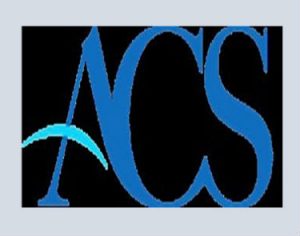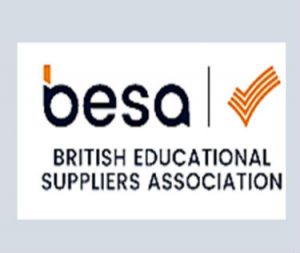
ACS (the Association of Convenience Stores) has raised concerns about the complexity of proposals to track the progress of legitimate tobacco products through the supply chain.
New draft regulations from the EU Commission would require UK retailers and wholesalers to register and pay to receive unique ‘identifier codes’ in order to sell tobacco products.
Despite the directive referencing that only the ‘last economic operator before the retailer’ would be affected, the regulations require retailers to register to buy tobacco products and to track each purchase of tobacco from a wholesaler.
ACS chief executive James Lowman said: “It is important that we tackle the illicit tobacco market throughout the supply chain but these regulations would place a significant cost and time burden on retailers, requiring them to register and pay for identifier codes for both their overall business and each individual store, and produce them each time they purchase tobacco. We will be working with the UK Government and EU commission to amend the regulations.”
The EU Commission consultation runs until 2 October for all stakeholders to provide feedback and ACS will be responding to the consultation. EU member states, including the UK Government, will have opportunities to amend and block the regulations.



